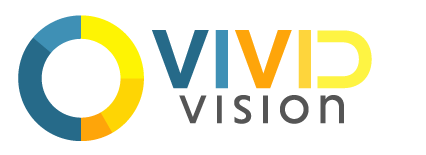What is Neuro-Optometry?
According to the American Optometric Association, Neuro-optometric services include:
- Comprehensive evaluations of sensory motor, visual field, accommodative, and oculomotor function
- Visual processing evaluations
- Ocular health examinations
- Special testing, such as electro-diagnostic services
- Therapy options
- Coordination of care with other health care professionals and rehabilitation specialists, such as occupational, physical and speech therapists
Primary eye care and neuro-optometry:
As primary eye care physicians, every doctor of optometry should be able to identify and refer patients in need neuro-optometric services, as well as educate them on how optometry can benefit their rehabilitation.
All optometric practitioners should ask specific questions when patients present with stroke, brain injury, double vision, developmental and problems with cognition. The patient's history should document when the condition started, what testing was done and the results of the testing and information on present and past treatment. Binocular and oculomotor testing to help with the diagnosis is the basic responsibility of the optometrist. In addition, visual fields, pupil testing, ocular tracking and a dilated fundus evaluation are necessary. More extensive testing would be done for those optometrists who practice in this field. Optometrists that do not provide neuro rehabilitative services should be aware of those practices that do offer these services and be prepared to refer.
According to the Neuro-Optometric Rehabilitation Association (NORA):
Visual problems are often overlooked during initial treatment of a brain injury and a regular eye exam often does not reveal the extent that the visual process has been affected. Individuals who have experienced some sort of neurological insult or injury, and who are experiencing visual symptoms, can benefit from a vision assessment from a Neuro-Optometric Rehabilitation Optometrist, an eye care professional who specializes in the diagnosis, treatment, and rehabilitation of neurological conditions adversely affecting the visual system.
